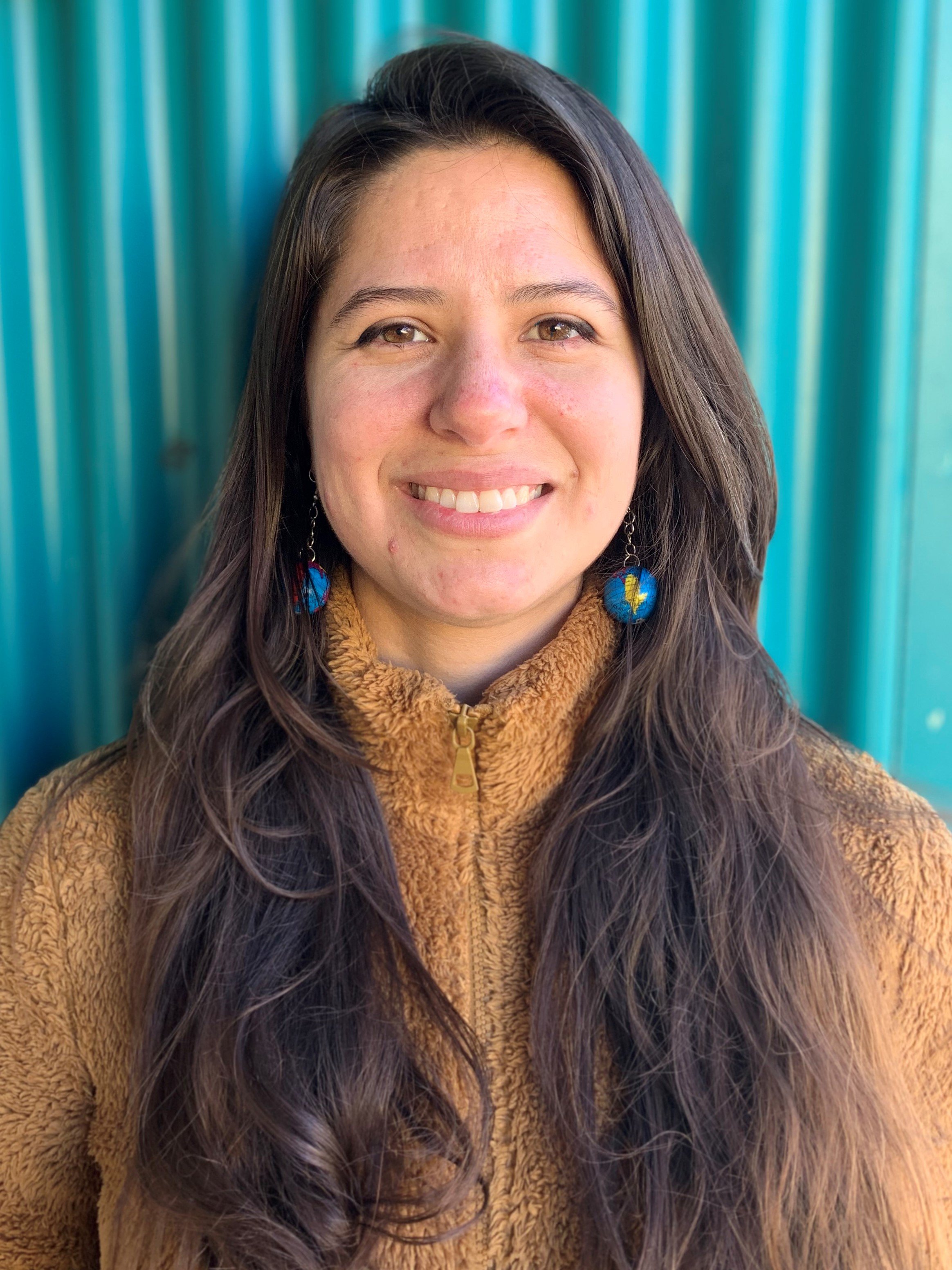The following is an analysis sent to CoDev from our Cuban partners in the Cuban Labour Central (CTC). It describes the economic and social impact of the tightened US Embargo that seeks to prevent countries from trading with Cuba
Impact of the Blockade Against Cuba, 2021
Translation by Carl Rosenberg
The U.S. blockade against Cuba over the last six decades has generated to date at least 144 billion, 413 million U.S. dollars’ worth of accumulated damages.[1]
The U.S. government’s policy of escalation of the blockade and its extraterritorial effects worsened during 2020, as did its goal of suffocating the Cuban economy on all fronts. In this context, the global pandemic of Covid-19 has generated notable challenges for Cuba.
The blockade has deliberately limited Cuba’s efforts to combat the pandemic and save lives of patients and health personnel, preventing them from obtaining mechanical lung ventilators, face masks, COVID-19 test kits, protective goggles, gowns, gloves and other supplies.
The blockade is compounded by a crusade on the part of the U.S. to discredit and place obstacles in the way of the international medical cooperation that Cuba offers, spreading calumnies and demanding that other countries refrain from requesting such cooperation, even in the middle of the health emergency created by the current pandemic.
2020
For the first time in six decades, this hostile policy has provoked losses greater than five billion US dollars a year.
During the administration of Donald Trump, the US enacted 243 new measures against Cuba, including changes in the regulations of the blockade, arbitrary decisions of the U.S. Treasury and Commerce Departments, fines, sanctions of international companies and vessels involved in the transport of fuel, inclusion of Cuban organizations and functionaries on arbitrary lists, and the introduction of legal processes under the Helms-Burton Law for the first time in 23 years.
Regarding the extraterritorial application of the blockade, the U.S. Office of Foreign Assets Control has imposed 12 penalties of over two billion, 403 million, 985 thousand and 125 dollars ($403,985,125) on U.S. organizations and third countries. Companies such as Amazon, BioMind America and General Global Assistance have paid millions to the Treasury Department of the U.S. in order to evade legal suits for supposed violations of the laws of the blockade.
Regarding remittances, the U.S. company Western Union has imposed a regulation that prevents remittances to Cuba from third countries. The sending of remittances to Cuba became complicated when the State Department included [Cuban state company] Fincimex and its unit American International Services (AIS) on its List of Restricted Entities and Sub-entities Associated with Cuba.
The tourism sector, one of the country’s most significant sources of income, was severely affected when the Department of Transport suspended charter flights between the U.S. and Cuba, with the exception of flights directed to Jose Martí International Airport of Havana, on which limits have also been imposed.
Furthermore, the Treasury Department has annulled authorizations achieved during the administration of Barack Obama, such as the import to the U.S. of alcohol and tobacco of Cuban origin, the authorization of persons subject to U.S. jurisdiction to participate in, or organize, work events in Cuba, and the possibility of travelling to Cuba to attend public performances, clinics, workshops and athletic competitions or non-athletic exhibitions. The Treasury Department also published a List of Prohibited Accommodations in Cuba, with more than 420 properties where persons subject to U.S. jurisdiction are prohibited from staying at or making reservations. Finally, the Treasury Department also denied Marriott International the renewal of its license to operate in Cuba.
The State Department included Cuba on a list of countries which supposedly do not “fully cooperate” with antiterrorist efforts of the U.S. and added Cuba to level 4 (“Do Not Travel”) of the system of U.S. Travel Alerts. Cuba was also included on a list of “foreign adversaries” supposedly involved in conduct hostile to U.S. national security.
A report issued by the Cuban government for the UN General Assembly estimates that, between April 2019 and March of 2020, the U.S. blockade caused losses of US $160,260,880 in the sphere of health; US $21,226,000 in the educational sector and US $428,894,637 in food and agriculture.
EXAMPLES IN THE SPHERE OF HEALTH
Due to the “chill effect” of the extra-territorial embargo, most international companies contacted by the public corporation Medicuba did not respond to requests for supplies, so Cuba was unable to acquire medication and equipment needed by its public health system. For example:
On July 16, 2019, Emirates Airlines denied boarding to the Indian manufacturer Apex Drug House for its shipment to Cuba of Cardidopa-levodopa medicine contracted, arguing that it could not transport goods destined for Cuba. The delay of the delivery of this resource led Medicuba to urgently search for other commercial alternatives. This medication is used to treat symptoms of Parkinson’s Disease such as muscular rigidity, trembling, spasms and poor muscular control.
On Aug. 30, 2019, Sanyzme Private Ltd. of India refused to accept shipping documents for a commercial operation of Medicuba related to the purchase of the medicine Progesterone 50 mg. which caused delays in delivery. Progesterone is utilized in the Assisted Reproduction Program to avoid premature birth or miscarriage, and for the treatment of premenstrual syndrome and hormonal imbalance of women, such as amenorrhea and abnormal uterine bleeding.
On Dec. 3, 2019, the company Nutricia, invoking Title III of the Helms-Burton Law, refused delivery to the supplier of Medicuba of an order of nutritional supplements and foods for medical management of dietary disorders and illnesses. Nutricia is a multinational company established in the Netherlands, which operates through such well-known commercial trademarks as Nutricia, Cow & Gate, Milupa, SHS, GNC and Enrich.
In this period, Medicuba contacted 50 U.S. companies to investigate possibilities of importing medicine, equipment and supplies necessary for our public health system. The majority did not respond, and three of those that did (Waters Corporation, Dexcom and the U.S. affiliate of Koninklijke Philips N.V.) responded by arguing that they could not establish commercial ties with Cuban entities owing to the blockade.
Medicuba had hoped to order 80 kits of the laser system Excimer CVX-300 from Koninklijke Philips N.V. This system is utilized for coronary angioplasty, also called percutaneous coronary intervention, a minimally invasive procedure to open obstructed arteries in the heart. The company responded that it could not establish commercial relations with Medicuba due to regulatory restrictions and control of exports imposed by the U.S. government.
Likewise, Medicuba attempted to order from the pharmaceutical company Jansen, affiliated with Johnson & Johnson, Abiraterone acetate for the treatment of prostrate cancer resistant, but never obtained a response. Nor did the pharmaceutical company Pfizer offer a response when Medicuba asked for the medicine Palbociclib for the treatment of hormone-sensitive metastatic breast cancer. The same occurred with Sunitinib for the treatment for metastatic renal cell carcinoma, and Crizontinib, to treat lung cancer.
THE BIOPHARMACEUTICAL INDUSTRY
The research, development, production and marketing of products of the biopharmaceutical industry, a strategic sector of the Cuban economy, has suffered grave impacts from the blockade. Economic losses to the industry are estimated at US $161 million between April of 2019 and March of 2020. The intensification of the blockade in this period is not only limited to academic and scientific exchange, but also deprives the people of the U.S. from receiving the benefits of internationally recognized biotechnical and pharmaceutical products developed in Cuba.
FOOD AND AGRICULTURE
The Cuban business Bravo was unable to acquiring 2,700 tons of meat in the U.S. market at a price of 2,213 dollars a ton. The business was obliged to draw on other providers with higher prices, incurring additional costs of US $1,296,000.
Cuban food importer Alimport recorded significant impacts owing to having to pay higher prices for frozen chicken in markets geographically distant in comparison to the [U.S.] market.
In the factory of Los Portales, located in the province of Pinar del Rio, production was paralyzed for 77 days. Its warehouses were full of finished products, but lacked the necessary fuel for their delivery. The result was that at least two million boxes of refreshments and water were not produced and marketed, which amounted to a loss of 10 million, nine hundred thousand dollars.
Between the months of November and December of 2019, the lack of fuel affected the planting of 12,399 hectares of rice, 30,130 tons of [harvested] rice, more than 195 thousand tons of root vegetables. More than two million liters of milk and 481 tons of meat were not gathered, negatively affecting the feeding of the Cuban population.
EDUCATION, SCIENCE AND SPORTS
All educational levels were affected by the fuel shortage during the 2019-2020 school year, made it difficult to transport workers and students. Accordingly, student plans and programs had to be adjusted, as well as teaching schedules. Meanwhile, higher education saw impacts in access to technology and equipment for teaching and scientific research, and in lost income for services provided, among other factors which harm the development of academic and scientific activity in Cuban universities and research centers.
The US government’s financial persecution of banks in third countries that carry out transactions for Cuban institutions has made it difficult for Cuba to collect on international services it provides. For example, the Cuban sports trainer company Cubadeportes was unable to collect on half a million dollars in fees by the close of 2019, owing to the difficulties in accessing international financial transactions.
On April 8, 2019, the U.S. government announced its decision to cancel a December 2018 agreement between Major League Baseball (MLB) and the Cuban Baseball Federation (FCB), using the argument that current U.S. laws prohibit business with entities associated with the Cuban government. The announcement was made less than two weeks after the start of the 2019 baseball season, and only a few days after FCB made known the names of 34 Cuban players considered eligible to sign with the MLB.
IMPACT OUTSIDE CUBA
The U.S. government applied 17 coercive measures between 2019 and 2020 to prevent U.S. citizens and Cubans residing in the U.S. from returning to Cuba.
The U.S. has ignored the 28 resolutions adopted by the United Nations General Assembly condemning the blockade, as well as many voices inside and outside U.S. territory, which call for an end to this policy.
Cuban-American activist Carlos Lazo argues that the blockade limits his freedom since it prevents U.S. citizens from obtaining access to medicines produced by Cuban biotechnology and to the island’s markets. U.S. activist Angélica Salazar stated to Prensa Latina that the actions of the White House prevent her from carrying out her work in joint educational programs with the Dr. Martin Luther King Jr. Memorial Centre, the University of Havana, and the Casa de Las Américas.
In this context of particular complexity, Cuba and its people count on the support of the international community in their call for an unconditional end to this unjust policy.
[1] Translator’s note: Cuba uses the long-term billion—one million million—unlike Canada and other English-speaking countries, which use the short-term billion—a thousand million. In this translation, I have converted the figures involving billions into Canadian terms.


























